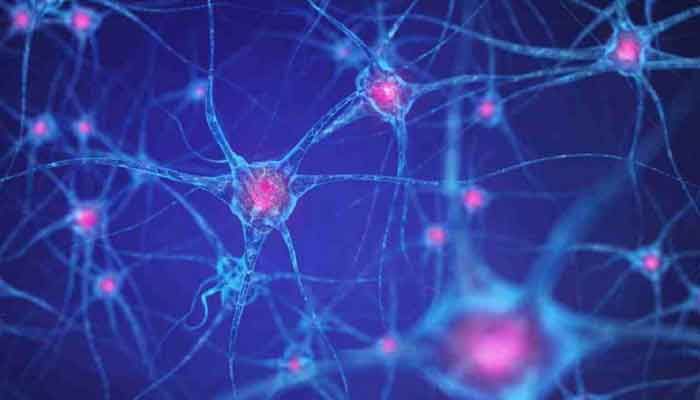
Scientists Succeed in Connecting Human Brain And Computer without Wire
Desk Report
Published: 04 Apr 2021, 11:12 am

A first-ever wireless computer commands connected to the human brain have been demonstrated in a breakthrough for people with paralysis.
The participants were able to achieve similar typing speeds and point-and-click accuracy as they could with wired systems, independent.co.uk reported.
The system, BrainGate technology, involved a small transmitter that connects to a person's brain motor cortex as trial participants with paralysis used the system to control a tablet computer, according to the journal IEEE Transactions on Biomedical Engineering.
The system is able to transmit brain signals at "single-neuron resolution and in full broadband fidelity", say researchers at Brown University in the US.
John Simeral, an assistant professor of engineering at Brown University, said, "We've demonstrated that this wireless system is functionally equivalent to the wired systems that have been the gold standard."
"The signals are recorded and transmitted with appropriately similar fidelity, which means we can use the same decoding algorithms we used with wired equipment. The only difference is that people no longer need to be physically tethered to our equipment, which opens up new possibilities in terms of how the system can be used."
It marks the latest advance in the rapidly growing field of neural interface technologies, which has attracted the likes of Elon Musk and Facebook.
Musk has recently revealed that his Neuralink startup has already tested a wireless chip on a monkey's brain that allows it to play video games.
The two participants of the latest trial – aged 35 and 63 – are paralysed through spinal cord injuries. They were able to use the wireless system continuously for up to 24 hours while at home, rather than in a laboratory.
The relative ease of use meant trained carers were able to established the wireless connections, meaning the study could continue while the pandemic ruled out visits to the participants' homes.
Leigh Hochberg, an engineering professor at Brown University and leader of the BrainGate clinical trial, says: "With this system, we're able to look at brain activity, at home, over long periods in a way that was nearly impossible before.
"This will help us to design decoding algorithms that provide for the seamless, intuitive, reliable restoration of communication and mobility for people with paralysis."